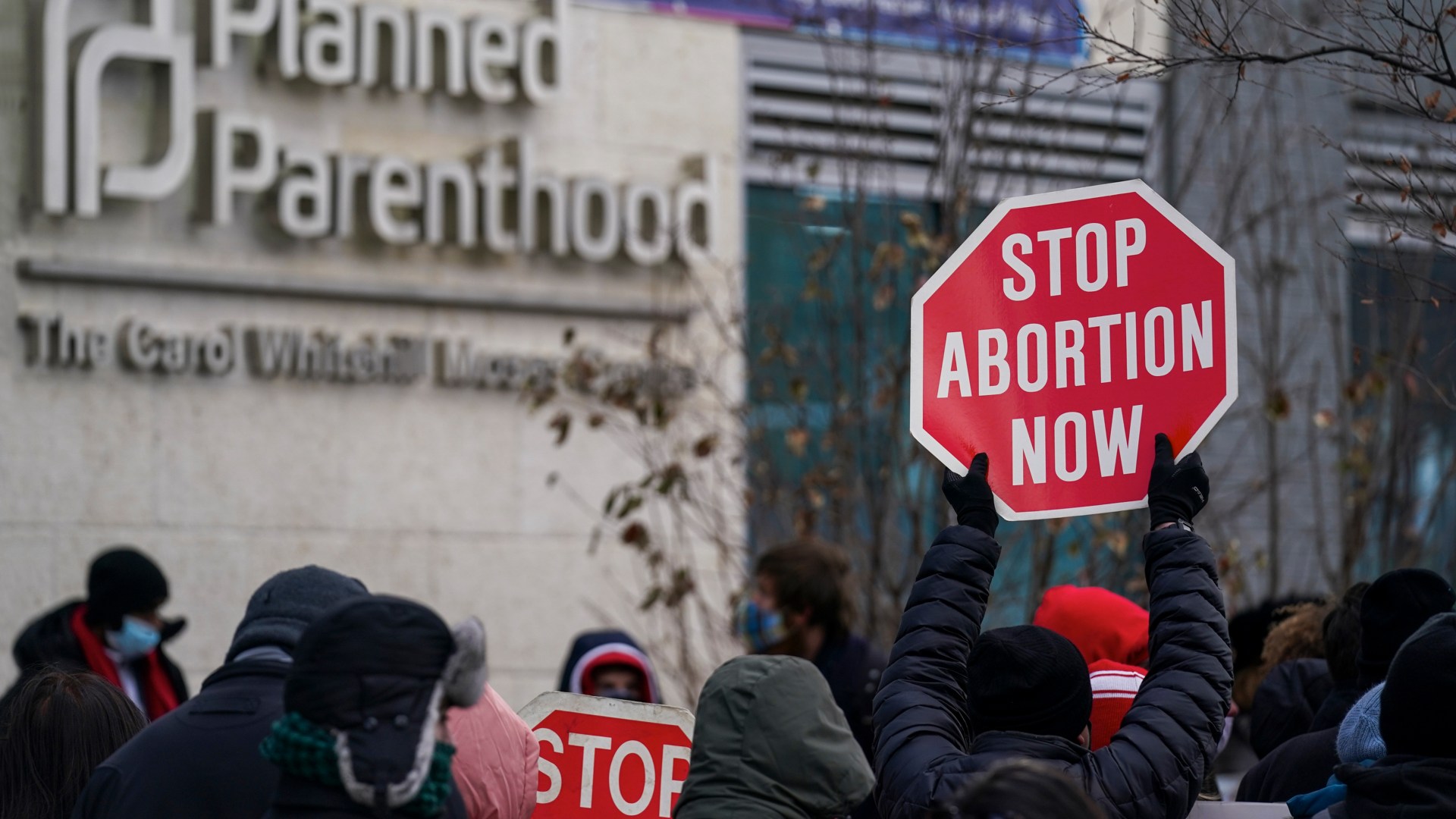In a recent New York Times op-ed, the current head of Planned Parenthood, Alexis McGill Johnson, lays bare their founder’s involvement with white supremacist groups, eugenics, and the medical exploitation of Puerto Rican women. She calls for a “reckoning” with Margaret Sanger’s sins, admitting that Sanger “devalued and dehumanized people of color” as well as people with disabilities. McGill Johnson then pledges on behalf of Planned Parenthood “to fight the many types of dehumanization we are seeing right now.”
McGill Johnson wants you to know that her claims aren’t just “virtue signaling.” She outlines how Planned Parenthood has invested in anti-racist training and developed “equity and inclusion” standards. She also points out that their senior leadership team is diverse. What she fails to note is that, for all the diversity in their boardroom, each person there shares a key privilege: They were allowed to be born.
It’s easy to decry the hypocrisy of McGill Johnson—and it’s worth doing. The reassurance of racial equity is no real victory for aborted fetuses of color. As Alexander DeSanctis points out in National Review, the Planned Parenthood “reckoning” shows a breathtaking lack of self-awareness. They miss how eugenic assumptions—that some lucky human beings merit more protection than others—are still alive and well in their organization today. However, it’s equally important to point out what’s right about McGill Johnson’s argument. She assumes that dehumanization is wrong and makes clear that systems of white supremacy rob people of not only their rights but of their God-given dignity. In its best moments, progressivism reaffirms that society has a responsibility to correct injustice, pursue fairness, and protect those who are marginalized, weak, excluded, and oppressed. We as a church can clearly affirm these goals as good and even biblical. But we can also call out the fact that pro-choice progressives fail to bring their moral logic to its inevitable conclusion: Human dignity applies equally to women, people of color, those with disabilities, the elderly, and the very young—even those yet to be born. In a recent editorial, CT makes a related argument—that although the anti-abortion campaign and the anti-racism movement are often treated as political adversaries, they in fact “share the same moral nucleus.”
Those of us (like me) who are part of the “whole life” movement—committed to protecting life from conception to natural end—are at times treated by pro-lifers as if we are anti-abortion in name only. Because we complicate the message of anti-abortion groups, some conservatives assume we aren’t sufficiently committed to protecting the unborn. At the same time, progressives often view us as insufficiently committed to feminism or progressivism.
In reality, however, we understand that there is a deep and unavoidable moral link between the various life issues that those on the Left and the Right pry apart. Whole-life advocates understand that once any of us is dehumanized, we all become dehumanized. Once we devalue one group of people, we begin to do the same with others. Dehumanization is a malignancy that spreads. And it’s always fatal. It always ends in death.
Those of us in the pro-life movement would therefore be irresponsible to sneer at McGill Johnson’s inconsistency without examining our own. Among some conservatives, there’s a movement to decry “woke-ism” and so-called “cultural Marxism.” They condemn McGill Johnson’s support of abortion but deem her concerns about unchecked white privilege silly or suspect. But ignoring 400 years of dehumanization of people of color is not simply “anti-woke,” it’s anti-life. Similarly, painting refugees and immigrants as dangerous or unwanted is not simply “pro-American,” it’s anti-life.
Injustice and inequality beget death. For example, the COVID-19 pandemic continues to reveal how problems in American healthcare disproportionately harm people of color, who have higher rates of serious illness and death from the disease. The CDC explains that “racism and discrimination shape these factors that influence health risks; racism, rather than a person's race or ethnicity, is a key driver of these health inequities.”
Additionally, Black men are still disproportionally more likely to be sentenced to death for crimes, particularly if their victims are white. Migrants continue to die while trying to cross the Southern border. And the life expectancy for people of color lags behind white people, a “death gap” that is likely to increase.
These are all life issues. Like abortion, they too point to patterns of dehumanization that lead to death. When we champion the protection of the unborn while ignoring the suffering of other groups, we are guilty of the same moral logic as Planned Parenthood. McGill Johnson feels an apparent moral obligation to reckon with the way her organization has mistreated groups of marginalized people. As Christians, we should applaud her for this. We should honor this impulse and pray she follows it to its natural conclusion by affirming that destruction of life is wrong in all its forms. We should also make this argument often and out loud: According to the very logic of progressivism, the dehumanization of the unborn is wrong. But we as a church—at the very least—need to be as introspective and repentant as Planned Parenthood and seek to embody moral consistency where they have not. We cannot pick and choose which kinds of dehumanization are acceptable. Dehumanization is dehumanization. And dehumanization is always death-dealing. We must combat it in any form.
Until we do, the church cannot be a truly alternative spiritual and political community, nor can we be truly pro-life.
Tish Harrison Warren is a priest in the Anglican Church in North America and the author of Liturgy of the Ordinary and Prayer in the Night (IVP, 2021).










